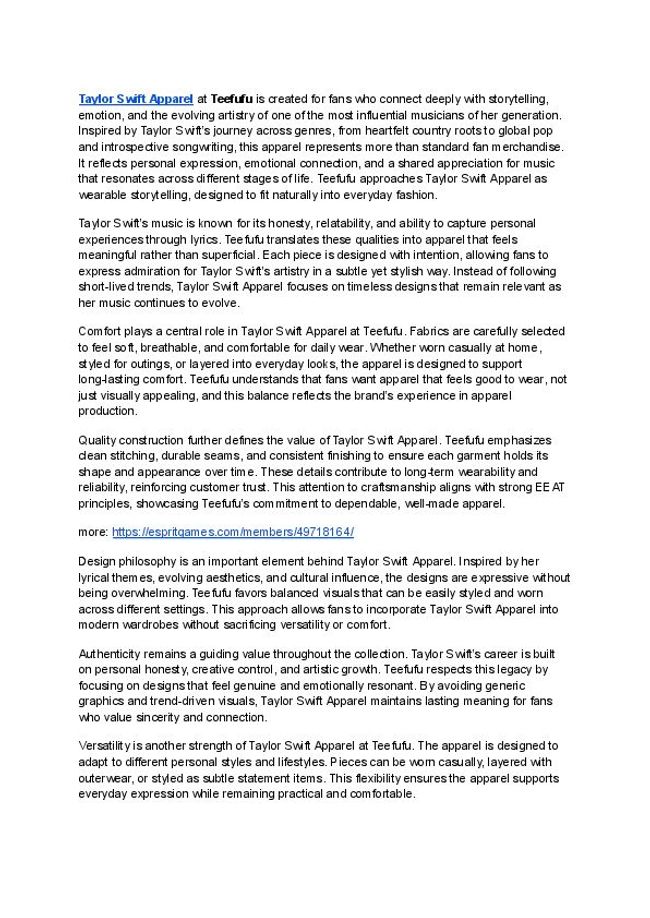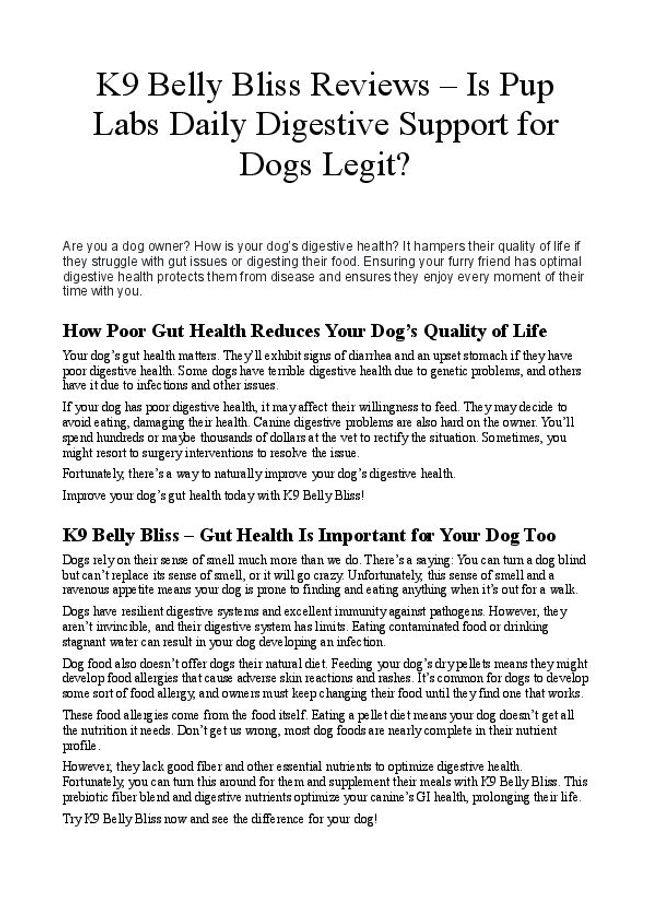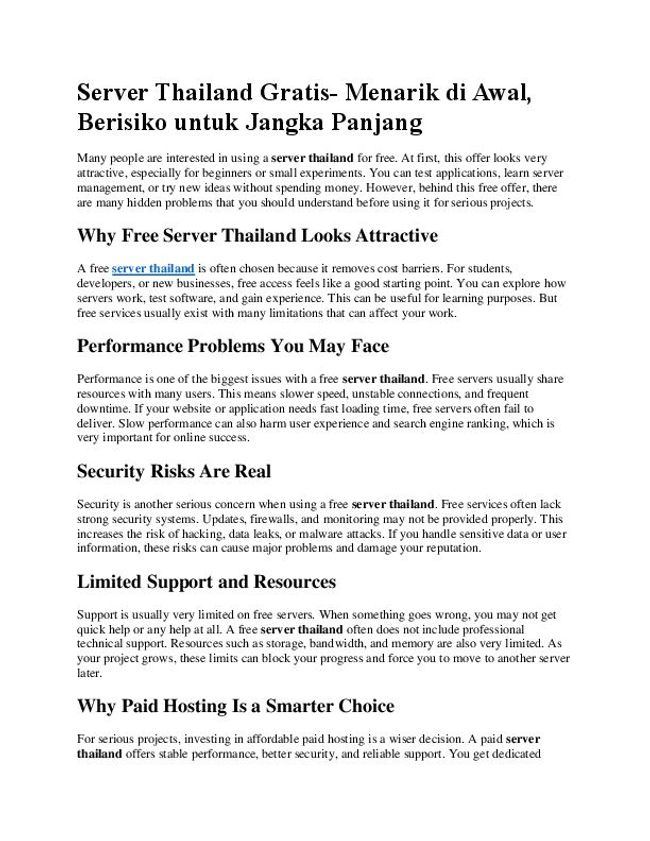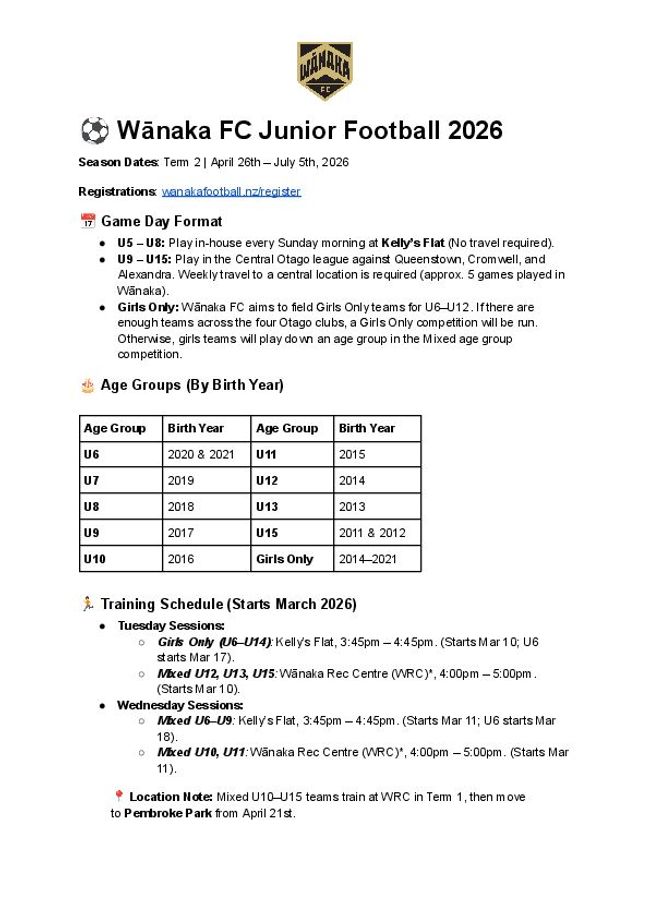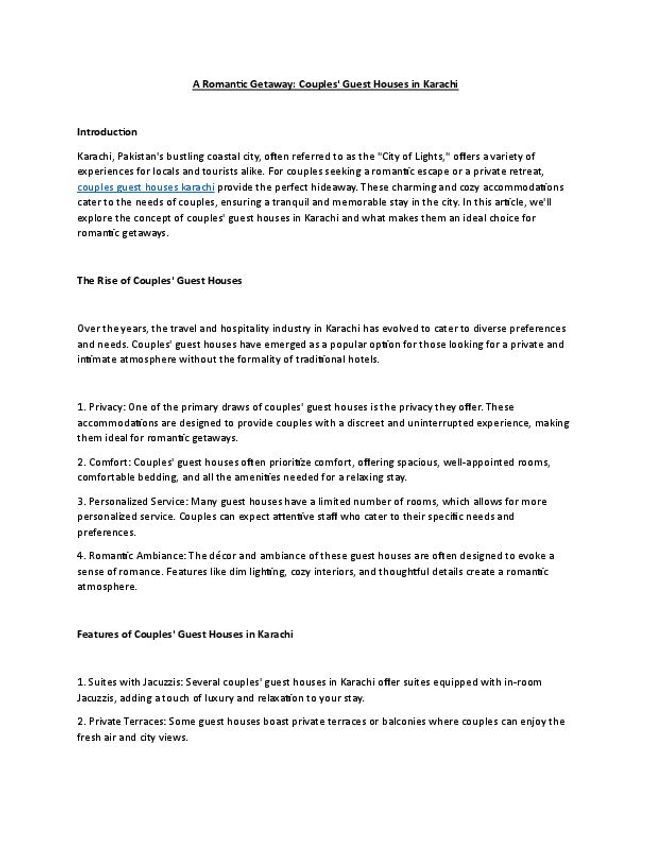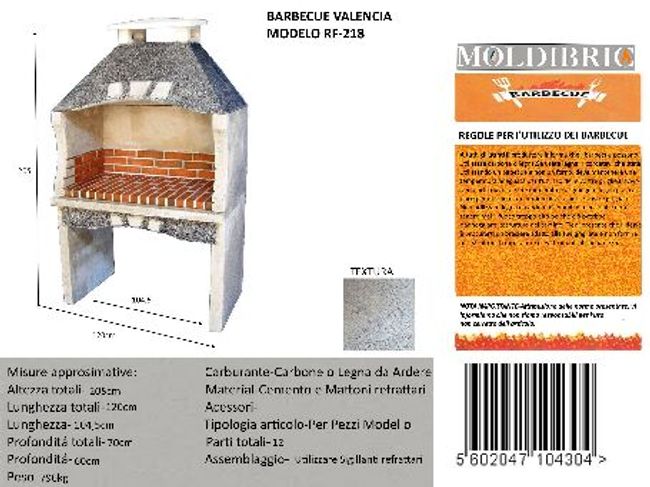Search results (262,210)
Mastering AZ-2010: Designing and Implementing Platform Engineering
AZ-2010: Designing and Implementing Platform Engin
Adquiere conocimientos en diseño e implementación de ingeniería de plataformas modernas en la nube. Ideal para ingenieros y arquitectos de sistemas.
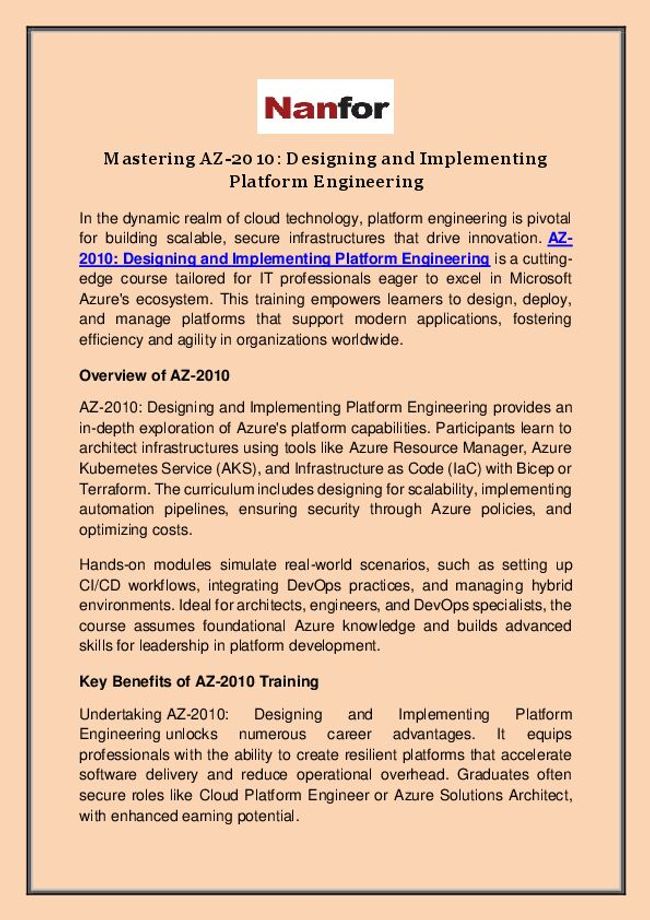
Bristow, VA Flower Delivery by Castle Drive Flowers
Looking for reliable flower delivery in Bristow, VA? Castle Drive Flowers offers fresh, beautifully handcrafted floral arrangements for every occasion. From birthdays and anniversaries to sympathy and celebrations, our premium blooms are designed to impress. Enjoy personalized service, elegant designs, and timely delivery. Choose Castle Drive Flowers to make every moment more meaningful with flowers.

Quit Paying for ClicksâStart Buying Validated Leads
For many contractors, the digital marketing journey begins with Pay-Per-Click (PPC). It sounds simple: you pay a fee, someone clicks your ad, and you hope they need a new roof or a kitchen remodel. However, the "hope" factor is where most budgets bleed out. In the home improvement industry, a click does not equal a customer. Often, it just means you paid for a homeowner who was "just browsing" or a competitor checking out your pricing.

Turn Your Pipeline Into a Revenue Machine with Verified Leads
In the competitive world of sales, a full pipeline is often mistaken for a healthy one. However, seasoned professionals know that quantity without quality is merely a recipe for burnout. If your sales team is spending hours dialing disconnected numbers or chasing prospects who have no interest in your services, your "pipeline" isn’t a path to success—it’s a bottleneck. To scale effectively, you need to stop guessing and start closing. The secret lies in shifting your focus toward verified data t

Fuel Your Growth With A Steady Stream Of High-Quality Leads
In the competitive world of residential services, the difference between a record-breaking year and a stagnant one often comes down to the health of your sales pipeline. Many business owners find themselves trapped in a "feast or famine" cycle—busy one week, then scrambling for work the next. To break this cycle and truly scale, you need to fuel your growth with a steady stream of high-quality leads that are ready to convert.

Stop Overpaying For Leads Take Control Of Your Pricing And Growth
In the competitive world of home services, the race for new customers often feels like a race to the bottom of your profit margins. For years, the standard model has forced business owners into a "take it or leave it" scenario, where you pay premium prices for shared information and hope for the best. It is time to change the narrative. If you want to scale sustainably, you must stop overpaying for marketing and start taking control of your pricing and growth.

Stop Fighting Over LeadsâGet Them Exclusively
In the competitive world of home services, the phrase "fighting over leads" is more than just an expression; it's a daily reality for many businesses. Whether you're an electrician struggling to stand out or a remodeling company constantly bidding against a dozen others, shared leads are a drain on your time, resources, and morale. Imagine a different scenario: what if every incoming call or inquiry was solely for your business, untouched by competitors? That’s the power of exclusive leads.

The Contractorâs Guide To Guaranteed Lead Generation
The biggest frustration in the trades is paying for marketing that doesn't convert. Traditional SEO or social media management can take months to show value. This is why more professionals are choosing to buy home improvement leads instead of gambling on broad advertising. By shifting to a pay-per-lead model, you eliminate the risk of wasted ad spend. You aren't paying for clicks or impressions; you are paying for actual opportunities to bid on jobs.

Supercharge Your Home Service Sales With Better Quality Leads
In the competitive world of home services, simply generating leads isn't enough. Many businesses find themselves spinning their wheels, wasting valuable time and resources on prospects who are either not serious, not qualified, or simply not ready to buy. The secret to sustainable growth and boosted revenue isn't more leads; it's better quality leads.

The Smarter Way To Buy Leads Pay Only For What Works
In the fast-paced world of business, acquiring high-quality leads is often the lifeblood of growth. Yet, for many companies, the traditional lead generation model feels like a gamble. You invest significant capital upfront, hoping that a percentage of those leads will convert into paying customers, often with little transparency or guarantee of success. This outdated approach can lead to wasted budgets, frustrated sales teams, and stalled growth.

The Blueprint For High-Converting Home Service Inquiries
In the competitive landscape of home services, simply generating leads isn't enough. The true game-changer lies in securing high-converting home service inquiries – those prospects genuinely interested and ready to move forward. This isn't a matter of luck; it's a strategic approach built on a solid blueprint.

The Essential Study Guide for the SAFe Practitioner (SP) Exam
www.ProcessExam.com
Click Here--- http://bit.ly/3ZC0H5R ---Get complete detail on SP exam guide to crack Practitioner. You can collect all information on SP tutorial, practice test, books, study material, exam questions, and syllabus. Firm your knowledge on Practitioner and get ready to crack SP certification. Explore all information on SP exam with number of questions, passing percentage and time duration to complete test.
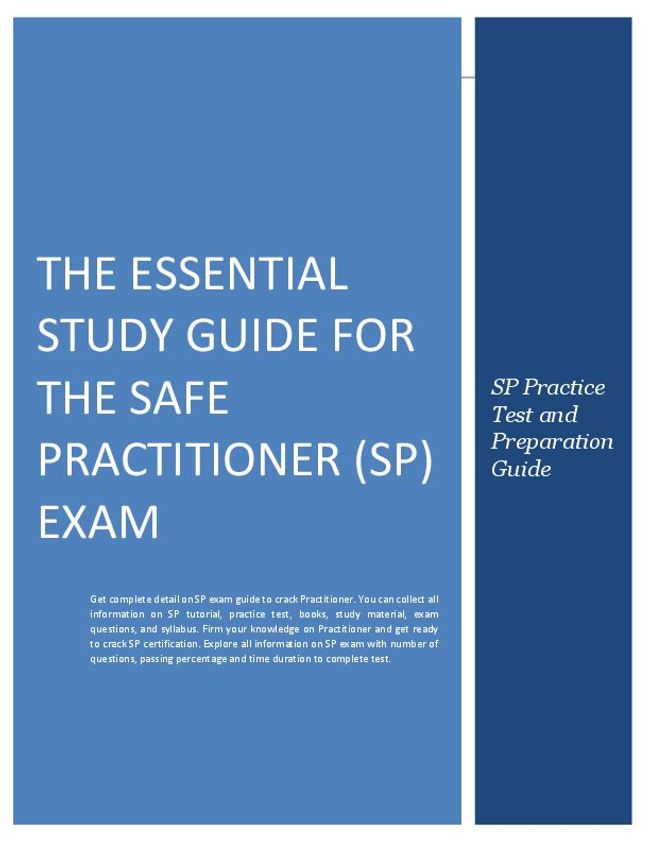
Turbo VPN Fast App.pdf
turbovpn
Turbo VPN Free has all free and unlimited VPN Servers, allowing you to access any websites, social networks, mobile games, apps and streaming services securely. With worldwide VPN servers, By Turbo VPN free you can fully protect your online privacy and secure Wi-Fi hotspots wherever you are using it. Use the internet with full freedom without any fear of being blocked and detected, use our best VPN proxy in the United States of America and any other country.

7 Common Mistakes Singapore Businesses Make in Compliance
Entrust
With a steady secretarial services Singapore and a proactive approach, compliance becomes routine instead of reactive. And when it’s routine, it stops being something businesses fear — and starts being something they barely have to think about at all.
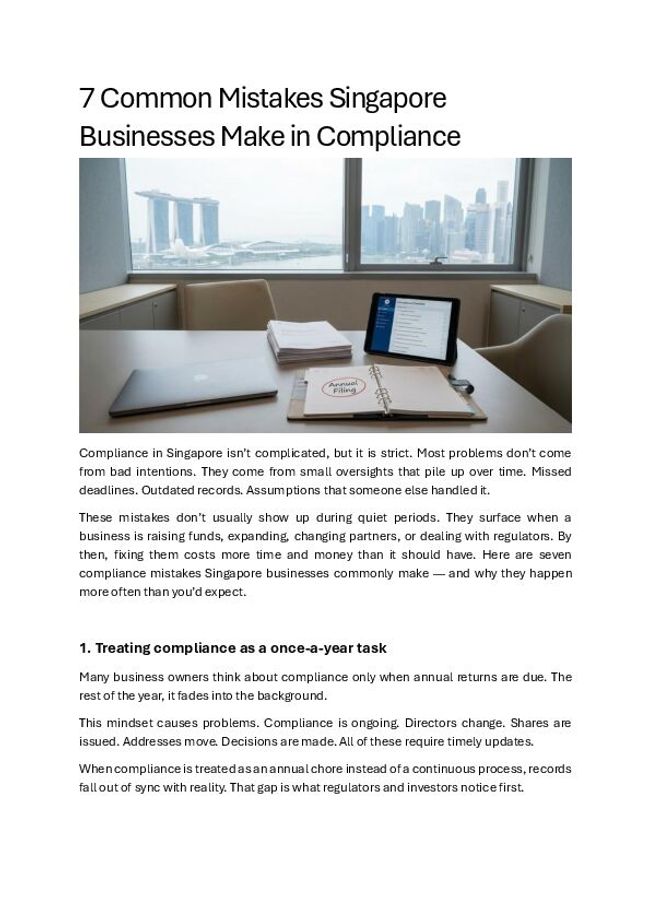
K2 Spray on Paper — mysteriousplant.com
mysteriousplant.com
In the realm of synthetic drugs, K2 spray on paper has emerged as a potent and concerning substance. But what exactly is K2 spray, and what are its implications for users? Let’s delve into the intricacies of this synthetic cannabinoid and its impact. Email: [email protected]

Wicked Whims is Turing-Complete
Angel Horse
Proof that Wicked Whims, an adult mod for The Sims 4, is Turing-complete
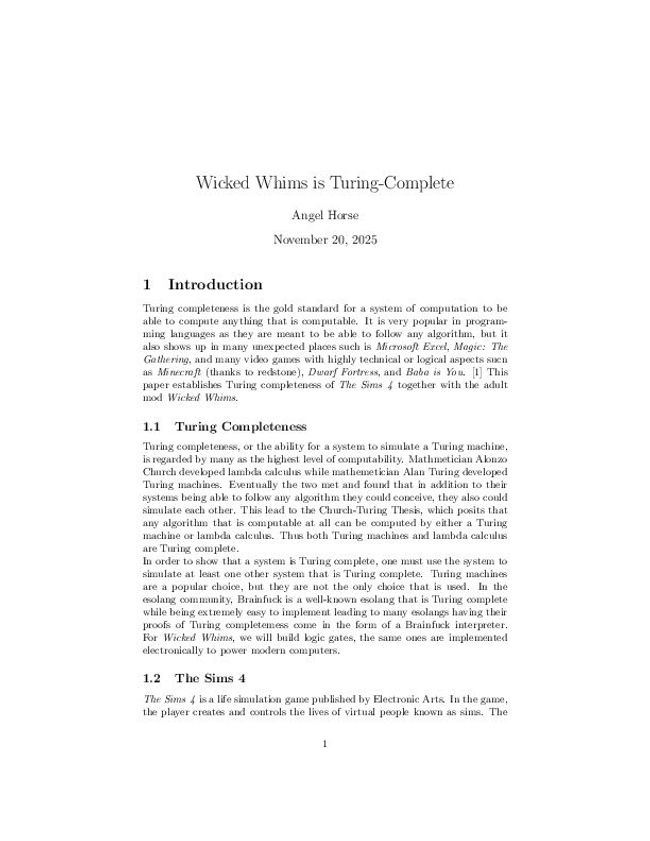
Zauberstab Zubehör
Europe Magic Wand
Mit unseren Experten haben wir Zubehör für den Magic Wand kreiert, das mit kraftvollen Vibrationen für beste Orgasmen sorgt. Befriedigen Sie jetzt Ihre Bedürfnisse - einfach und unabhängig.


